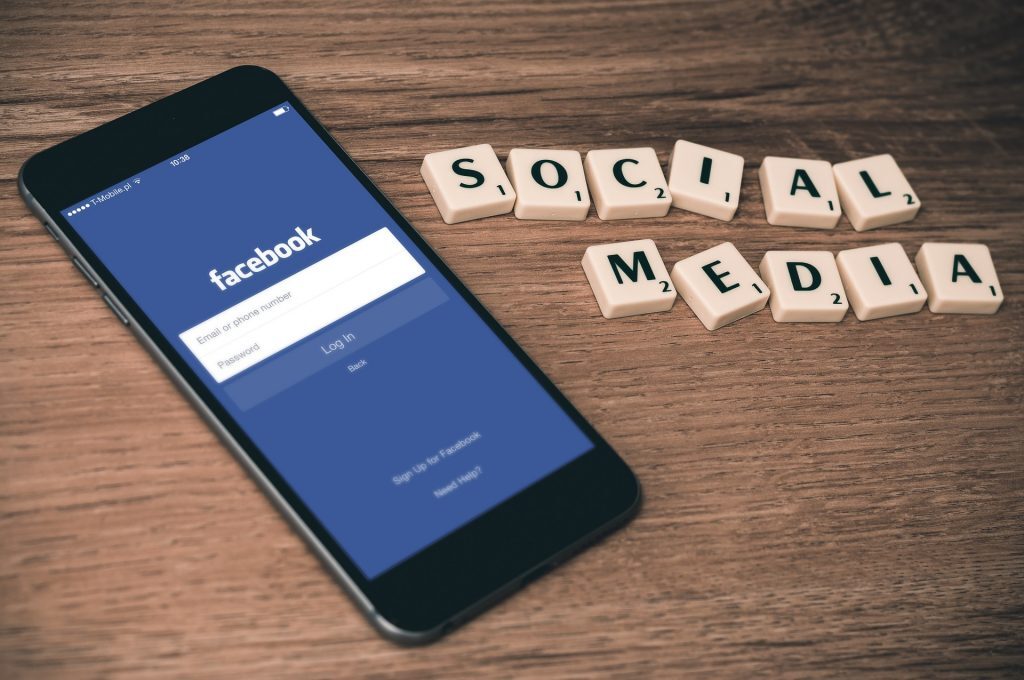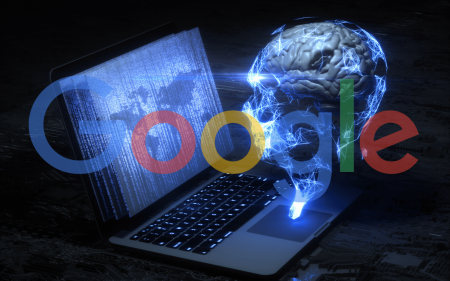Over the Easter weekend, stories emerged that over half a billion users’ details on Facebook had appeared on a hacker forum. The data included everything from phone numbers, to locations, to ID numbers, to physical addresses and more. There it was: the personal details of around 533 million Facebook users sitting on an open forum for any Tom, Dick and Harriet to purchase.
It was a rather startling reminder about not only the amount of data Facebook collects from its users, but also how secure – or in this case, how unsecure – it all is.
Amid the consternation this caused, given that the data on offer can be used to commit any number of crimes – identity theft being only the tip of this particular iceberg – Facebook issued a statement.
“This is old data that was previously reported on in 2019,” a Facebook spokesperson told Bloomberg in an email. “We found and fixed this issue in August 2019.”
[UPDATE 07/04/2021 Facebook has posted an article on the coverage surrounding the breach in its newsroom]
Facebook’s rough year
Read that sentence again and take in those remarks. Now ask yourself: have you checked to see if the data from your Facebook account is available for purchase? And if you have and they are, does the above statement come anywhere close to allaying your fears about what your data may now be used for? Hell, there isn’t even an apology in that statement from Facebook to cogitate over.
This really shouldn’t surprise anyone. Silicon Valley has form when it comes to issuing non-apologies. The general platitude the social media giants release whenever there’s a data breach, or their platform is weaponised or whenever they land in the news for all the wrong reasons is something along the lines of ‘we’re really sorry this happened and we will do better’.
Well, in the words of Guardian writer, Carole Cadwalladr, in her excellent TED talk about how Facebook played a part in Brexit (see below), “it is not enough to say you will do better in the future.”
By all accounts that promise rings hollow. One doesn’t even need to go back to the Cambridge Analytica scandal or the original data leak that occurred back in 2019 – one need only look at the last three months of this year for proof of this.
In February, Australians woke up to find they could no longer share or read news on Facebook. Not only that, they had been barred access to charities, emergency services and government institutions – including the health department, just as a COVID-19 vaccine drive was getting underway. The reason? The Australian government had had the temerity to introduce a law that Facebook didn’t like.
In January, social media was used to organise an invasion of the Capitol Building in Washington DC, which resulted in the deaths of five people. When questioned about whether he thought his platform was in any way culpable for what transpired, Mark Zuckerberg dodged the question entirely.
Now, the personal details from over half a billion Facebook accounts are available for hackers and cybercriminals to purchase. But we shouldn’t worry, because it’s ‘old data’.
Does this sound like a company that’s trying to do better?
Should Facebook be broken up?
So, what’s the answer? More oversite and legislation from the US government? As loathed as anyone may be to see politicians start to poke around with communications networks many of us use – and depend upon – every day, it may be time for some semblance of law to be applied to what is essentially the digital Wild West.
Should the social media giants – and several other Big Tech firms – be broken up? If this sounds like socialist utopian thinking, bear in mind the US authorities have done this sort of thing before; they did it with logging companies in the 1840s, Standard Oil in the 1910s, and AT&T in the 1980s.
Ultimately – and this is the rather depressing aspect – responsibility lies in the hands of social media users. The power that social media companies wield is power their users gave them and, if millions upon millions of them left those platforms, it would wane quite quickly. It’s doubtful, however, that this will happen because social media is now an integral part of social, corporate, media and government communications.
It seems that the biggest, baddest card in Big Tech’s hand is user apathy.




